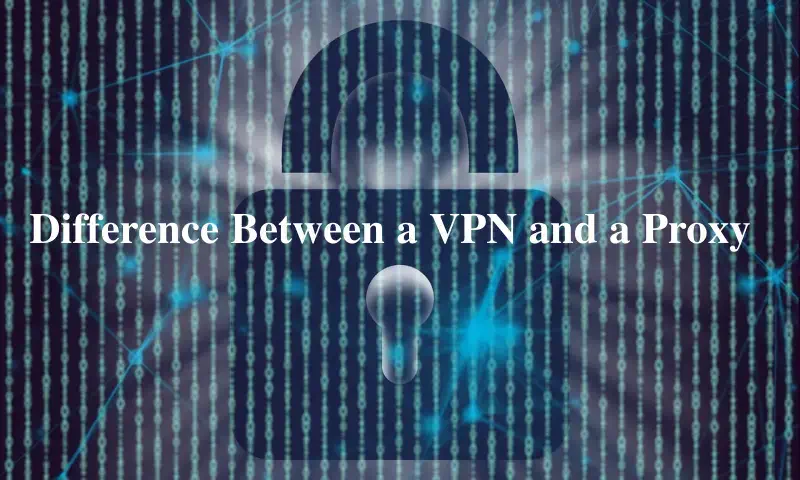The main differences between a VPN and a proxy are in data encryption, and the user’s IP address. While a VPN encrypts data, a proxy only masks the IP address. This means that your privacy and security are not protected. Furthermore, proxies slow down your Internet connection.
Proxy server masks your IP address
The best proxy server allows you to browse the internet anonymously. They can be helpful when monitoring your team’s website, allowing you access to blocked websites. If you are concerned about ad tracking or location tracking, using a proxy server can protect you from both of these problems. It is important to note that many free proxy servers are not very reliable and may have performance problems and data security problems. In addition, some free proxies may even be looking for your credit card number. To avoid this, check whether your proxy server saves any of your data.
Proxy servers are popular for several reasons. Most people use them to protect their privacy online. They can prevent hackers from stealing your personal information by masking your IP address. Using a proxy server will route your internet activity through a secure server.
Read:- 10 Proxy Browsers for Surfing the Internet Like a Boss
VPN encrypts data
A VPN encrypts your data so that it cannot be read by hackers, which is important for privacy. While some countries block websites, using a VPN allows you to access blocked content from anywhere in the world. VPNs also give you a sense of security. By using one, you can go online anonymously, shop online without revealing your credit card details, play online games anonymously, and mask your location on travel websites. VPNs can even prevent you from being tracked or paying more for airline tickets.
The encryption used by a VPN prevents your data from being read by ISPs and other hackers. This encryption also makes your data safer when using public WiFi. While more websites now use HTTPS encryption to protect their data, this doesn’t guarantee complete security. Furthermore, a VPN lets you access websites and content outside your area, which can save you money on online shopping.
Proxies don’t protect data or identity
Proxies do have their uses, but they don’t protect your data or identity. Unless they are used with a VPN, your IP address is available to snoopers and hackers. The reason is simple: if you use a proxy to surf the internet, your ISP will see your real IP address. This makes it easy for hackers to steal your information.
A typical proxy connection is sent to the server hosting the website. This server will see your IP address and location. This is not secure. A proxy server works as an intermediary between the web server and the user and can trick the receiving web server into thinking it is coming from a different location.
Read:- How To Safeguard Yourself and Your Privacy Online
They slow down Internet speed
There are several reasons why VPN and proxy services can slow down Internet speed. One common reason is that the service providers use the extra time to remove identifying characteristics from websites, which in turn slows down the overall speed of the service. Other causes include malware, which consumes system resources and slows down Internet speed.
Another common reason is that your computer firewall is affecting your connection speed. Firewalls monitor outgoing data and can intercept VPN-encrypted data. You can easily check your network speed with an online speed test, which can give you an idea of the actual speed of your connection.
They are less secure
While a proxy and VPN are both effective tools for internet security, there are a few differences between the two. A VPN offers a higher level of anonymity and encryption of data sent by a user through a remote server. Proxy servers are often used by organizations to keep unauthorized site usage off their internal networks. They also help to bypass internet censorship. However, a VPN has lower speeds than a proxy server due to encryption.
Proxy servers are generally less secure regarding email communication and file transfer protocols. In addition, they do not support all network protocols. A compromised proxy server can expose passwords, personal information, and other information to hackers.
There are different types of hackers like black-hat hacker, gray-hat hacker and white-hat hackers. White-hat hackers are hackers that help companies protect websites from malicious attacks. If you want to be an ethical hacker and want to work for companies you can find many ethical hacker jobs at Jooble.
In addition, proxy servers are not as secure as modern firewalls. The risk of identity theft is high if a proxy server is compromised. Additionally, they are poor at handling Flash and Java.










